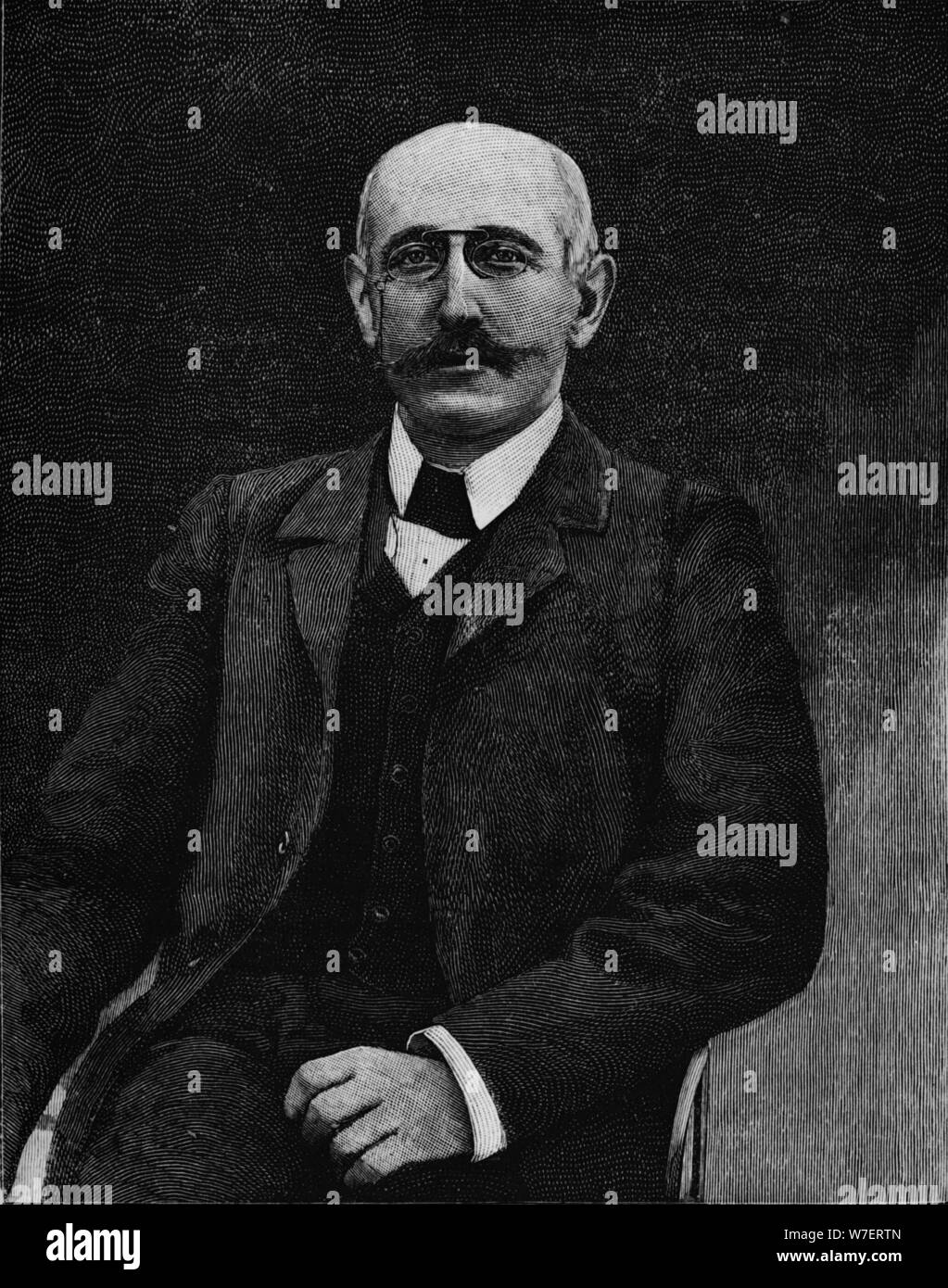Dreyfus Affair: French Parliament Considers Posthumous Honor

Table of Contents
The Dreyfus Affair: A Brief Recap
The Dreyfus Affair, a potent symbol of injustice and antisemitism, unfolded in late 19th-century France. Alfred Dreyfus, a Jewish artillery captain in the French Army, was falsely accused of treason in 1894. This false accusation, driven by a climate of rampant antisemitism and fueled by fabricated evidence, led to his unjust conviction. Key figures in the affair include Alfred Dreyfus himself, Emile Zola, whose courageous "J'accuse" letter exposed the military cover-up, and numerous other individuals who fought for justice despite considerable personal risk.
- Dreyfus, a Jewish officer, was wrongly convicted of treason in 1894. The evidence presented against him was flimsy and ultimately proven to be forged. This highlights the pervasive prejudice that fueled the case.
- The conviction was based on forged evidence and fueled by rampant antisemitism. The anti-Semitic climate within the French military and broader society played a crucial role in Dreyfus's wrongful conviction, showcasing the dangers of unchecked prejudice.
- Zola's open letter "J'accuse," published in L'Aurore, exposed the military's cover-up, sparking a national debate. This act of journalistic bravery ignited a firestorm of public opinion, dividing France and bringing the issue of antisemitism into the national spotlight.
- The affair ultimately led to Dreyfus's exoneration, but only after years of suffering and public humiliation. This protracted legal battle exposed deep flaws within the French justice system and the pervasive influence of antisemitism. The eventual overturning of the verdict, however, did not fully erase the scars of this traumatic event.
The Rationale Behind the Proposed Posthumous Honor
The proposed posthumous honor for Alfred Dreyfus stems from a desire to formally acknowledge the profound injustice he suffered. Proponents argue that such an honor is necessary for several reasons:
- To formally recognize the injustice suffered by Dreyfus. Awarding him a posthumous honor would be a symbolic act of repairing the historical wrong.
- To acknowledge the enduring impact of antisemitism on French society. The affair serves as a stark reminder of the destructive consequences of prejudice and intolerance.
- To promote national reconciliation and healing. Addressing the past is crucial for fostering a more just and equitable future.
- To reaffirm France's commitment to fighting antisemitism and promoting justice. The gesture would signal a continued dedication to combating prejudice and ensuring justice for all.
Opposition and Counterarguments
Despite the compelling arguments in favor of the honor, opposition exists. Concerns have been raised regarding the potential impact on the French military's honor and the broader historical narrative.
- Concerns about potentially undermining the honor of the military. Some argue that bestowing an honor on Dreyfus would indirectly diminish the reputation of the French Army, which was deeply implicated in the cover-up.
- Debates about the historical accuracy of certain aspects of the Affair. There are lingering debates about the extent of the conspiracy and the roles played by various individuals.
- Potential divisions within French society regarding the significance of the event. The Dreyfus Affair remains a highly sensitive topic that continues to elicit strong opinions and interpretations.
The Broader Implications of the Parliamentary Debate
The parliamentary debate surrounding the posthumous honor for Alfred Dreyfus extends far beyond a simple historical reassessment. It reflects contemporary concerns about social justice, historical memory, and the enduring fight against antisemitism.
- The ongoing fight against antisemitism in France and globally. The Dreyfus Affair serves as a powerful cautionary tale, reminding us of the dangers of unchecked prejudice and the importance of vigilance.
- The importance of confronting historical injustices and promoting accountability. Addressing past wrongs is essential for building a more just society.
- The role of historical memory in shaping national identity. How a nation confronts its past significantly influences its present and future.
- The political implications of revisiting a sensitive historical event. The debate highlights the ongoing tension between political expediency and historical truth.
Conclusion
The French Parliament's consideration of a posthumous honor for Alfred Dreyfus is a momentous occasion. This debate transcends a mere historical revision; it is a reflection of France's ongoing struggle with its past and its commitment to fighting antisemitism and upholding justice. Whether or not the honor is ultimately granted, the renewed focus on the Dreyfus Affair compels us to confront a painful chapter in French history and examine its relevance to contemporary issues. Understanding the nuances of the Dreyfus Affair, its complexities, and its lasting legacy is crucial for confronting prejudice and promoting social justice. Learning more about the Dreyfus Affair is a vital step in fostering a more just and equitable world.

Featured Posts
-
 Annie Kilners Solo Outing After Husband Kyle Walkers Evening With Two Women
May 25, 2025
Annie Kilners Solo Outing After Husband Kyle Walkers Evening With Two Women
May 25, 2025 -
 Frankfurt Stock Market Closes Lower Dax Below 24 000 Points
May 25, 2025
Frankfurt Stock Market Closes Lower Dax Below 24 000 Points
May 25, 2025 -
 Porsche 911 S T In Rare Riviera Blue Special Paint To Order
May 25, 2025
Porsche 911 S T In Rare Riviera Blue Special Paint To Order
May 25, 2025 -
 Flying Around Memorial Day 2025 When To Book For Best Prices
May 25, 2025
Flying Around Memorial Day 2025 When To Book For Best Prices
May 25, 2025 -
 Waiting For The Call A Personal Narrative
May 25, 2025
Waiting For The Call A Personal Narrative
May 25, 2025
Latest Posts
-
 Mia Farrow Trump Must Be Held Accountable For Venezuelan Gang Deportations
May 25, 2025
Mia Farrow Trump Must Be Held Accountable For Venezuelan Gang Deportations
May 25, 2025 -
 Farrows Plea Prosecute Trump For Handling Of Venezuelan Deportations
May 25, 2025
Farrows Plea Prosecute Trump For Handling Of Venezuelan Deportations
May 25, 2025 -
 Actress Mia Farrow Seeks Legal Action Against Trump Regarding Venezuelan Deportations
May 25, 2025
Actress Mia Farrow Seeks Legal Action Against Trump Regarding Venezuelan Deportations
May 25, 2025 -
 Mia Farrow Demands Trumps Imprisonment For Venezuelan Gang Member Deportations
May 25, 2025
Mia Farrow Demands Trumps Imprisonment For Venezuelan Gang Member Deportations
May 25, 2025 -
 Mia Farrow Calls For Trumps Arrest Over Venezuelan Deportations
May 25, 2025
Mia Farrow Calls For Trumps Arrest Over Venezuelan Deportations
May 25, 2025
